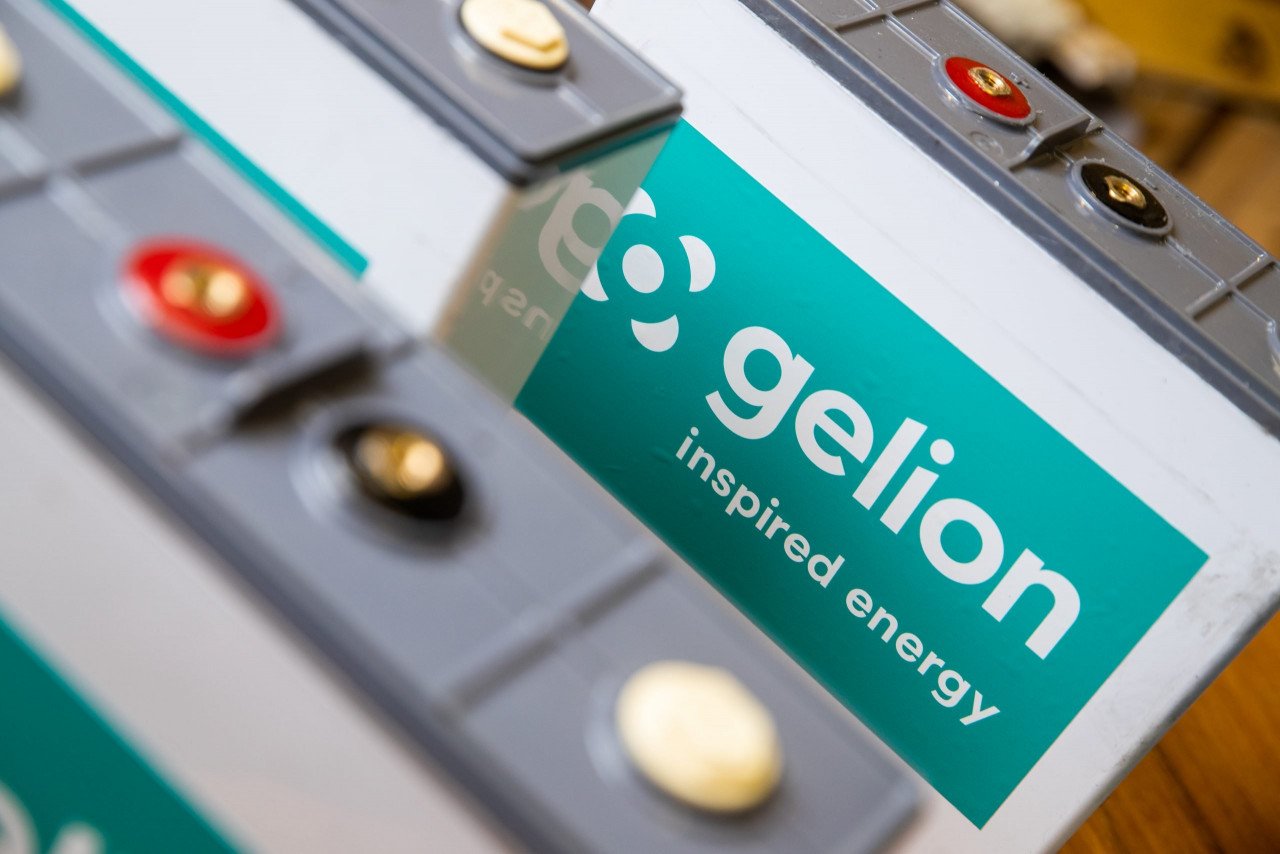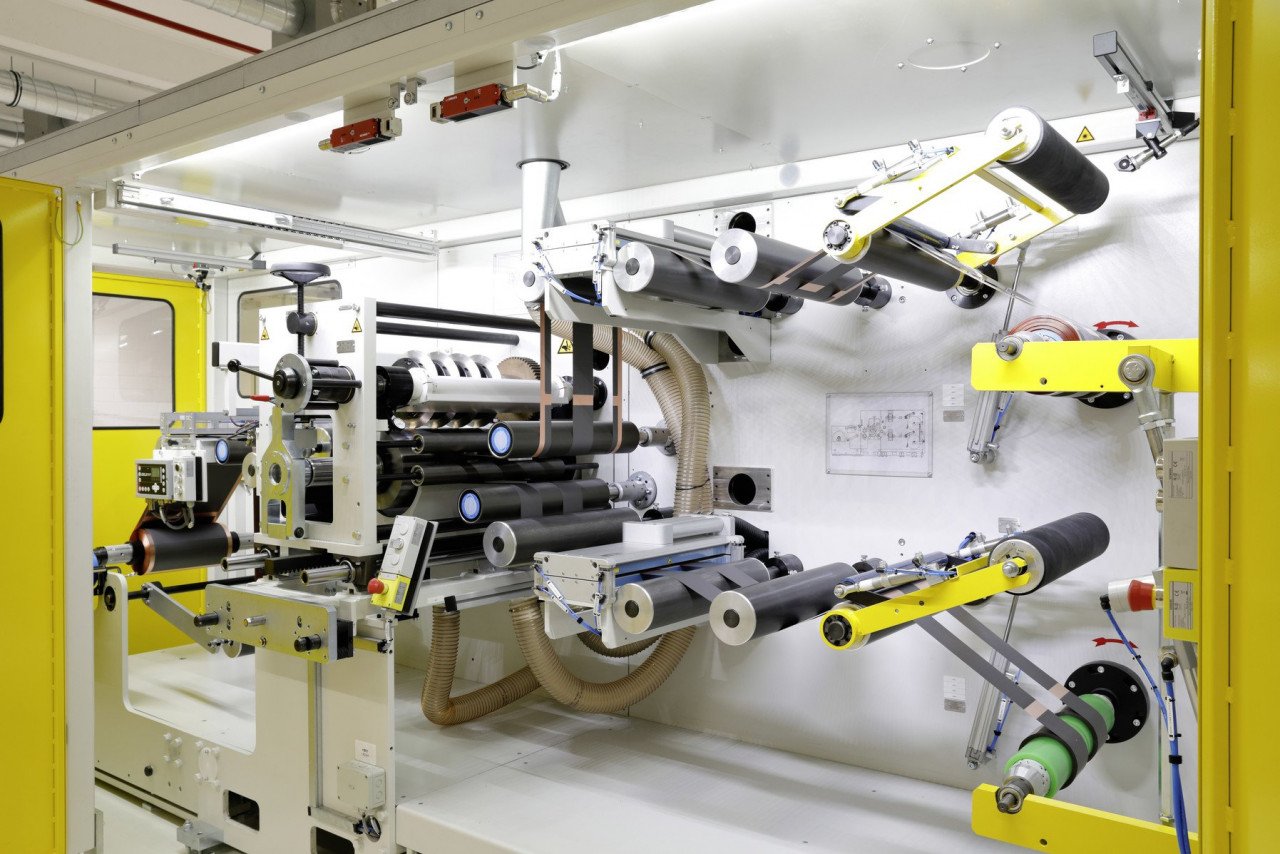Gelion acquires Johnson Matthey's Battery Materials IP portfolio
Anglo-Australian battery innovator Gelion plc has announced the acquisition of the Lithium Sulfur and Silicon Anode (LiSiS) patent portfolio (IP) from Johnson Matthey for a consideration of £4.25 million. This includes solid and liquid electrolytes, disordered rock salt, electrode formulation and battery materials recycling portfolio from Johnson Matthey has been developed, cumulatively over a decade, by leading scientists in the field.
The IP portfolio includes over 450 patents across 82 patent families as well as development programs, technology transfer packages, market and portfolio analyses, manufacturing design and cost models for our LiSiS technology, according to Gelion's press statement.
The latest acquisition is of significant strategic importance to Gelion, and has the potential to significantly advance our effort to achieve higher gravimetric energy density while reducing cost and increasing safety.
The company claims that the combination of its existing IP portfolio and the new IP portfolio has the potential to resolve the issue of sulfur management critical for Lithium Sulfur batteries, and eliminate the reliance on the maturity of lithium metal anodes as the Lithium Sulfur cathodes developed by Gelion are compatible with graphitic, silicon, and lithium metal anodes. The move also allow for the Lithium Sulfur technology to be commercialized rapidly.
Commenting on the IP acquisition, John Wood, CEO, said, "The acquisition of this highly valuable IP portfolio strengthens our own Lithium Silicon Sulfur technology and gives us a broad horizon to be able to mature the technology toward scaled production at a faster rate. It also positions Gelion at the forefront of the global battery technology effort for the next generation of safe, high energy density Lithium batteries".
RELATED: Addionics advances smart 3D Electrodes for EV batteries
"We are very enthusiastic about the unique path, we are developing towards high performance Lithium Sulfur technologies. This IP portfolio will help in our objectives toward achieving a protective moat for Gelion's technology", he noted.
The CEO further stated that Lithium Sulfur is widely anticipated as the next stage of the Lithium energy storage industry. "We believe we have established a very exciting opportunity", he said.
With the Group's focus on Sulfur cathodes, Gelion is in advanced discussions to sell 73 patents and applications relating to silicon anode to a third party, which would result in a net cash outflow of c. £3 million.
The company is expected to develop Lithium-Sulfur cathodes that are compatible with a range of anode technologies, including graphitic and silicon, which will be expediated by this acquisition. It is to be noted that Gelion is already designing and manufacturing zinc-bromide batteries for stationary energy storage and additives for mobile battery applications.
Further, Gelion's Performance Additives division is developing sulfur cathodes which, when paired with existing silicon anode technologies, improves overall Lithium-ion battery safety, energy density and cost, which are key drivers in establishing the competitive differentiation for many upstream products. This presents a compelling commercial proposition for a range of markets including electric vehicles, e-aviation and drones, according to the company.
Lithium Sulfur is expected to be the next-generation battery technology due to its significantly high energy densities than Lithium-ion technology, and the absence of transition metals.

















